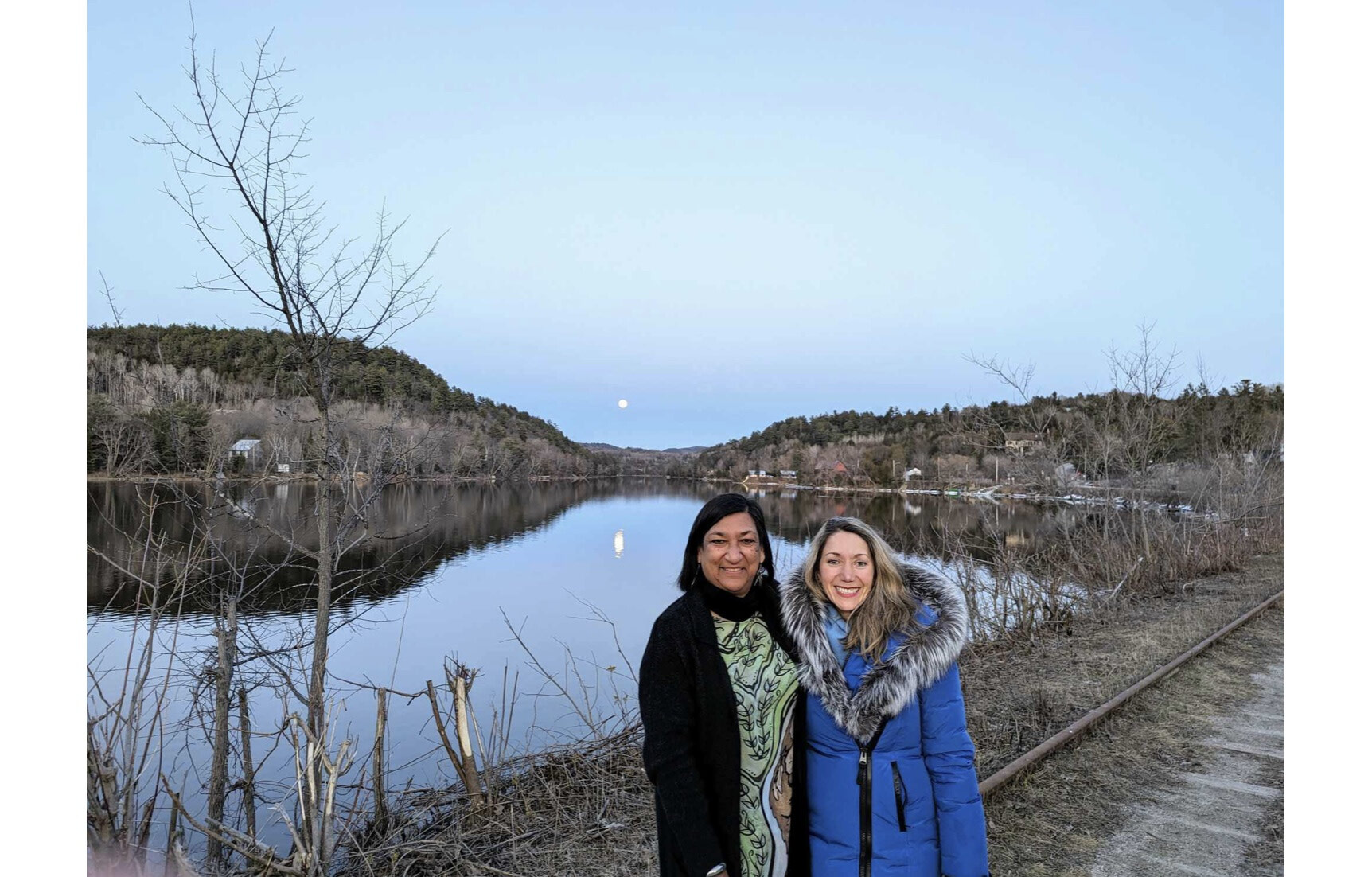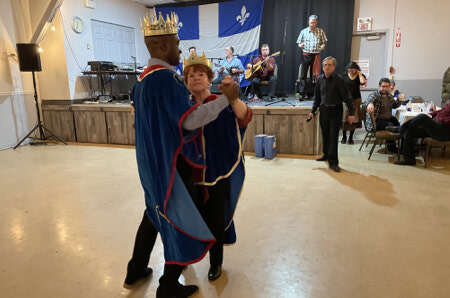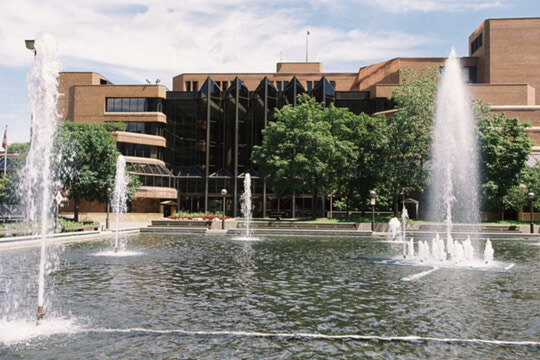River as legal personhood?
People’s movement strives to achieve legal personhood for the Gatineau River
Taylor Clark
A group of Algonquin-Anishinabeg and non-Indigenous allies are striving to protect the Gatineau River, or Tenàgàdino Zìbì in Anishinaabemowin, by declaring its legal personhood.
“Our ceremonies and everything else teach us that the water is alive and so is the land. And if it is alive, we need to take care of all of that which is alive,” said Gilbert Whiteduck, former Chief of Kitigan Zibi and co-founder of the Tenàgàdino Alliance. “Colonization viewed it very differently. And colonization allowed many people in this region and elsewhere to become very rich at the expense of nature and the water.”
The Tenàgàdino Zìbì has played a critical role in the identity, history, culture, and economy of the Anishinaabe Algonquin Nation for thousands of years.
The Tenàgàdino Alliance was created by Whiteduck alongside the director of the Friends of the Gatineau River and Chelsea municipal councillor Rita Jain to ensure the river remained safe from dangers like climate change, biodiversity loss, and contaminants.
“The current regulatory framework does not sufficiently protect the river. Municipalities are currently allowed by the province to dump its effluent at levels more than 10 times higher than that required for a swim advisory,” said Jain. “There are many examples where the current regulations don’t protect enough. We need to flip the paradigm.”
For Jain, the natural next step was to work with Whiteduck to launch a people’s movement to have the Tenàgàdino Zìbì recognized as a legal person.
The concept of declaring a river a legal person is not new to Canada. The Magpie River in northern Quebec became the first river in the country to be granted legal personhood in 2021.
Yenny Vega Cárdenas, lawyer and president of the International Observatory on the Rights of Nature protected the Magpie River in the case. Vega Cárdenas said legal personhood protected an ecosystem by recognizing it as a person rather than an object to exploit.
The approach stemmed from the legal framework of the Rights of Nature which recognized natural bodies like mountains, rivers, or forests as entities that have the right to exist and flourish.
“We don’t know where this adventure is going to take us. We’re starting the formation of the Tenàgàdino Alliance. All I know is that the journey is going to be worthwhile,” said Jain. “It’s going to be a journey of exploration, of knowledge sharing, of reconciliation, and for that, it’s also worthwhile.”
Those looking to be an ally to the river were invited to support the alliance’s statement online at https://tinyurl.com/tenagadinorights. The alliance was also looking for citizens who are willing to roll up their sleeves and join the people’s movement by volunteering, which can be arranged by emailing tenagadino@gmail.com. The alliance encouraged residents to share the initiative with their municipal councillors, mayors, and MRC prefect.
Photo caption: Rita Jain, director of Friends of the Gatineau River and co-founder of the Tenàgàdino Alliance, and Yenny Vega Cárdenas, president of the International Observatory on the Rights of Nature, believe the Tenàgàdino Zìbì can be conserved by becoming a legal person.
Photo credit: Friends of the Gatineau River Website






